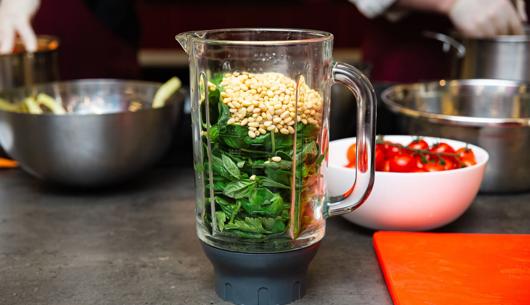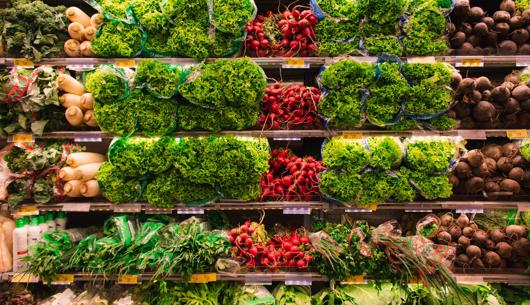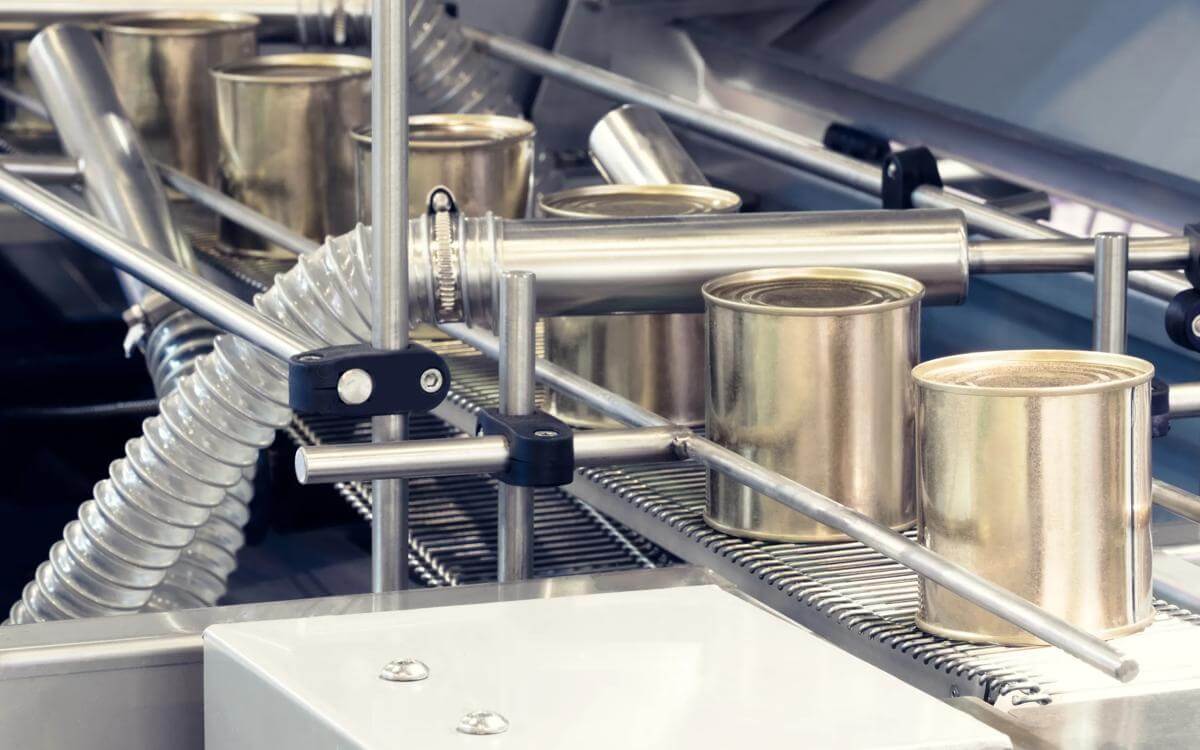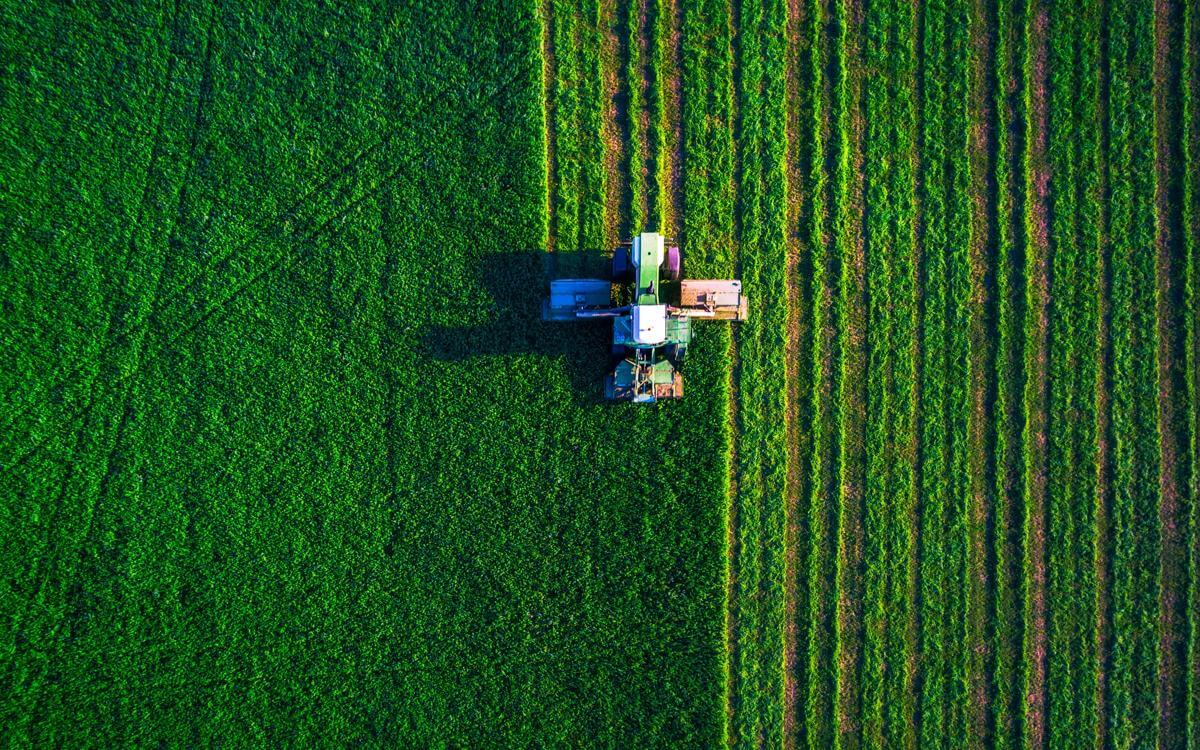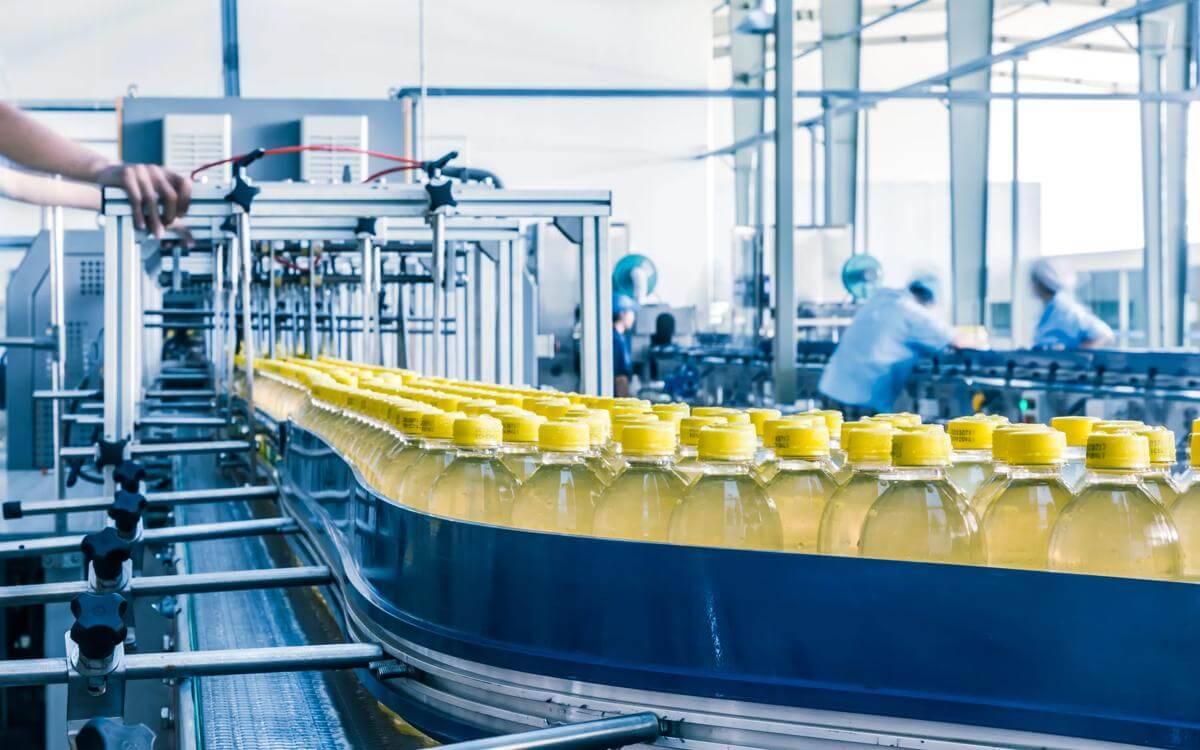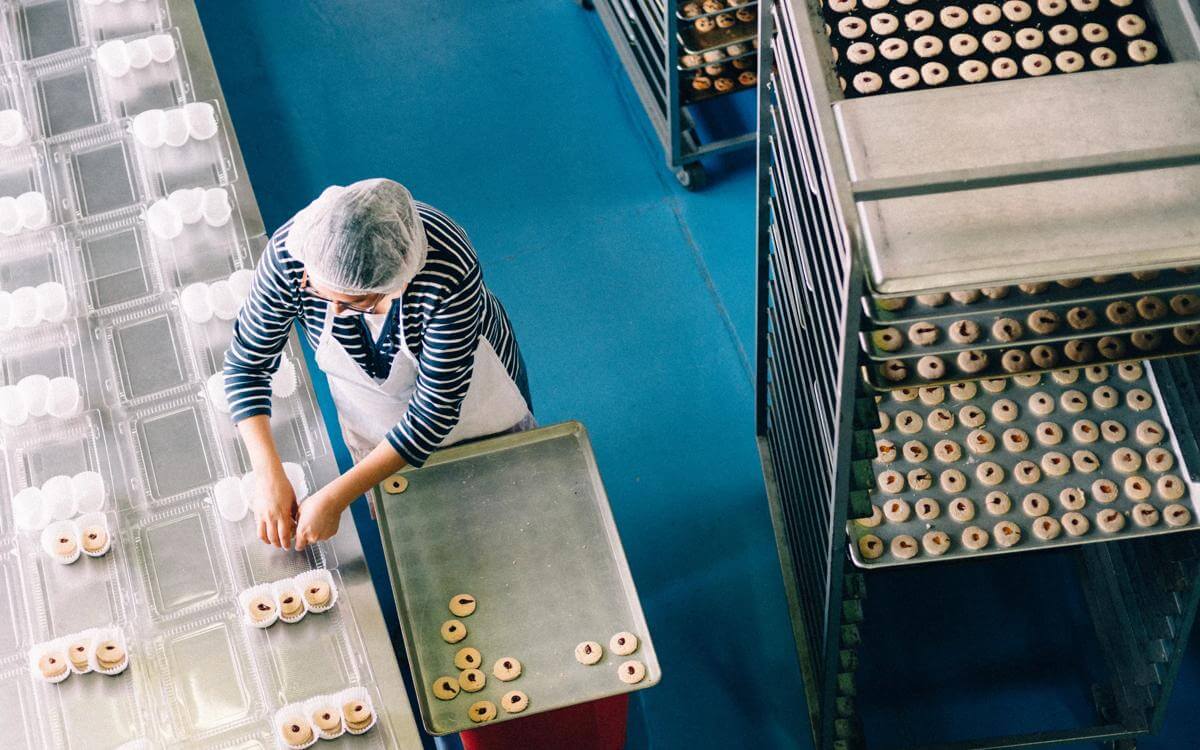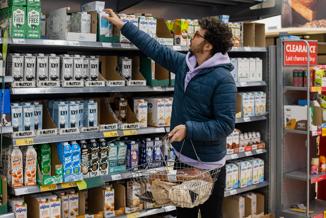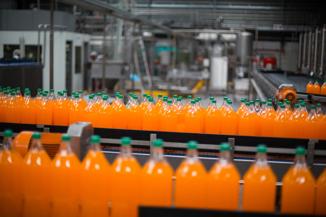In recent years, the food and drink industry has witnessed a significant increase in food contamination claims. This rise not only poses a threat to consumer safety but also to the reputation and financial stability of companies within the sector.
As such, it is crucial for businesses to understand the importance of having robust product recall insurance and seeking specialist legal advice promptly when a contamination event arises.
The growing trend of food contamination claims
Food contamination can occur at any stage of the production process, from sourcing raw materials to manufacturing and distribution. The consequences of distributing contaminated products can be severe, leading to potential health risks for consumers and substantial legal repercussions for companies. Recent search results indicate a steady increase in the number of food contamination incidents reported globally, highlighting the need for stringent safety measures and risk management strategies.
Food Manufacture reported that allergen related labelling errors were the top cause of recalls, with Listeria in second. Non–allergen related labelling errors and metal foreign body contamination came in join third place, in 2024.
The role of product recall insurance
Product recall insurance is designed to cover the costs associated with withdrawing a contaminated product from the market. This includes expenses related to notifying consumers, removing and destroying contaminated products, and managing public relations crises to salvage the brand's reputation. In an era where a single contamination incident can lead to multi-million-pound legal claims, having comprehensive product recall insurance is not just advisable; it’s imperative.
For instance, there have been various notable cases reported recently such as:
- the mustard incident, which saw a range of mustard ingredients pulled over fears of peanut contamination;
- Lidle’s Listeria cheese recall, which has recently been extended;
- Tony’s Chocoloney, who recalled Easter Eggs because of a possible presence of stones; and
- Sainsbury’s, who recalls Taste the Difference Chocolate because it may contain stones.
The mustard incident in particular lead to massive recalls and legal actions, underlining the financial and reputational damage that can occur without adequate insurance coverage.
The importance of specialist legal advice
When a contamination claim arises, the steps taken in the immediate aftermath are critical. Specialist legal advice can be the difference between a well-handled incident and a disastrous one. Legal experts can guide companies through the complexities of compliance with food safety regulations, managing recalls, and dealing with potential claims – either from a customer or consumer.
Moreover, experienced lawyers can help in negotiating with regulatory bodies and in crafting communications that mitigate public relations damage. They also play a crucial role in defending against claims and in recovering losses where possible.
Our message here is that as soon as incident arises, take legal advice and notify your insurers immediately.
Conclusion
The rise in food contamination claims is a pressing concern for the food and drink industry. It underscores the necessity of having robust product recall insurance and the invaluable role of specialist legal advice. By being prepared and proactive, businesses can navigate these challenging situations effectively, ensuring both consumer safety and business continuity.
For further guidance and to ensure your business is adequately protected, please do contact us.
If you are interested in this topic, you are invited to join our Product recall breakfast with Lockton on 18 June in Birmingham.
Contact

Amba Griffin-Booth
Principal Associate
Amba.Griffin-Booth@brownejacobson.com
+44 (0)330 045 2489







